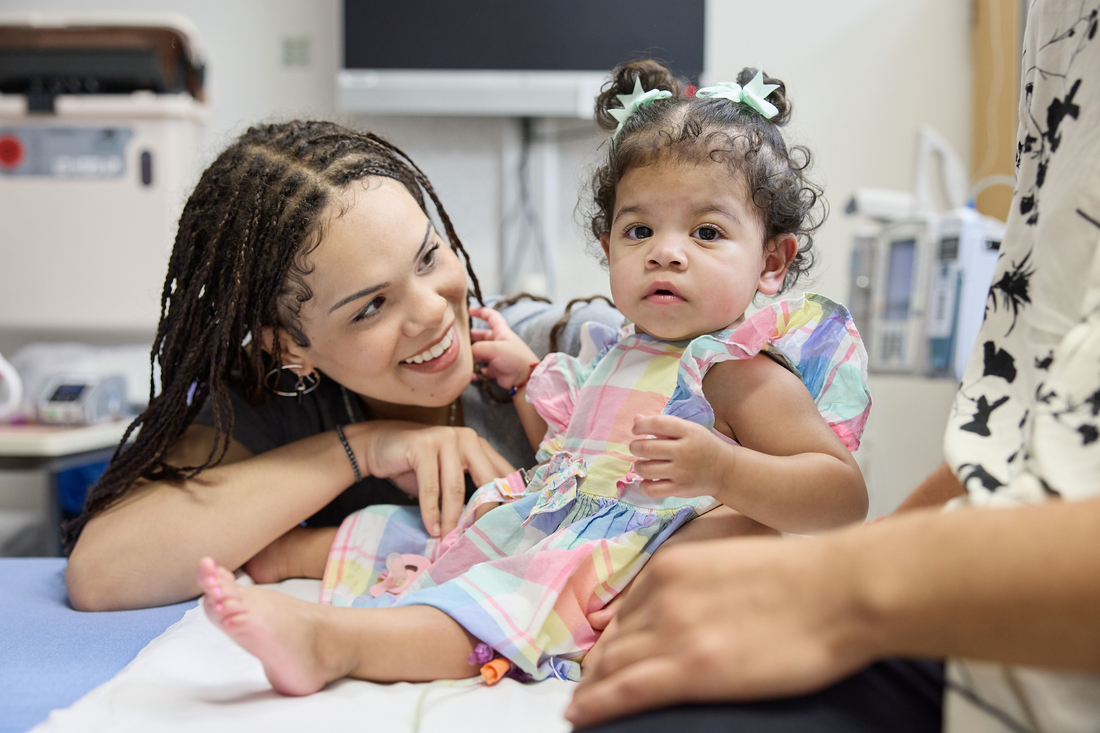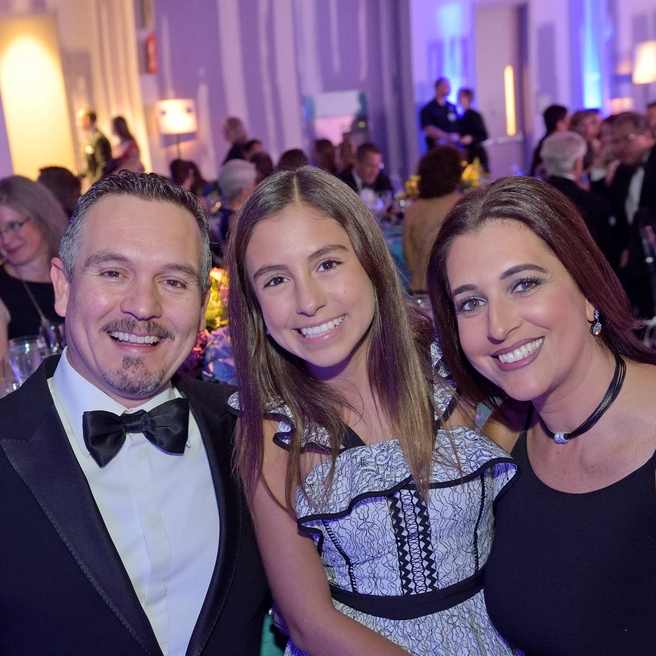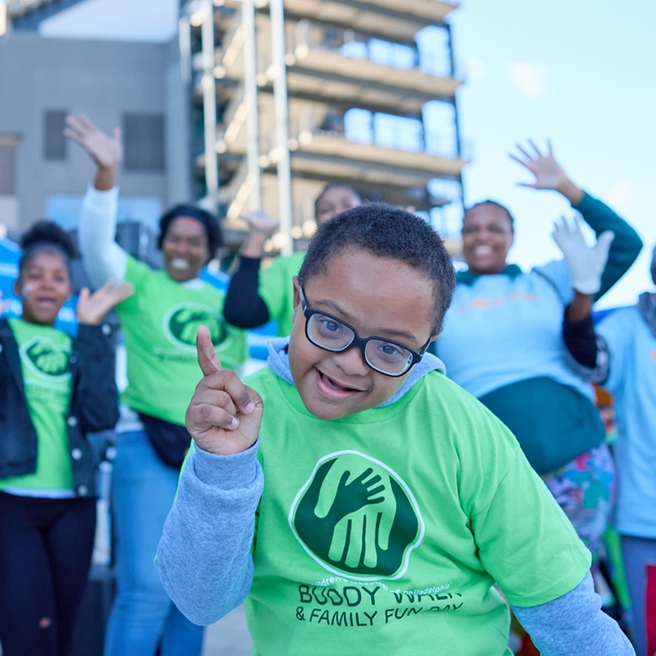TRIPLE your impact for a Summer of Healing!


Join us to fight childhood cancer
Registration for this year's Parkway Run & Walk is now open. Join us on Sunday, Sept. 28, to be a superhero for kids fighting cancer!
Your impact

A patient gives back
When deciding on a service project, Alice remembered her care at CHOP and chose to help sick kids.
Home repairs through a CHOP program end asthma flares
Developing guidelines to help pediatric injury patients cope
"Road Ready" guide offers advice for teen drivers
Embedded in communities for better healthcare accessibility and creating the largest healthcare network in the U.S.
Established to enable healthier families, stronger schools, thriving neighborhoods and successful businesses
Dedicated research space equipped to make the next great breakthroughs for all children

Thank you for creating hope!
This year's Walk for Hope raised more than $215,000 for our Center for Pediatric Inflammatory Bowel Disease (IBD) — which treats more than 2,400 young patients per year! Thank you to all who attended and helped to spark hope for a cure for IBD.
Join us as we save lives and advance pediatric healthcare
Parkway Run & Walk, presented by Citadel Credit Union

Join us this September for the Parkway Run & Walk and help us conquer cancer!
Carousel Ball

The Carousel Ball brings together more than 800 of the region’s greatest philanthropists, corporate leaders and patient families for an evening of inspirational storytelling and immediate impact on the patients we serve.
CHOP Buddy Walk®

Join us in October to support breakthrough care and brighter futures for individuals with Down syndrome.

Raise funds for CHOP
Fundraise for CHOP in your community! Host an event, start an online fundraiser, or come up with your own creative idea. There is no limit to the ways you can support the children we serve.

Volunteer Services
The volunteers who donate their time play an important role in the experience of our patients and families.

Corporate Charitable Partnerships
Generous support from corporations that share our commitment to children’s well-being enables CHOP to serve a growing community in the Philadelphia region and save lives worldwide. Here’s how corporations and foundations can join forces with CHOP.

Make a Gift to CHOP in Your Will or by Beneficiary Designation
A gift to CHOP in your will or trust, or by beneficiary designation, can ensure happy, healthy tomorrows for children everywhere.

Driven to discovery
At CHOP, we are solving the previously unsolvable. Fueled by an endless curiosity and generous philanthropy, we are finding new ways to create healthy outcomes for every child we serve.
For inquiries about:
- Making a gift
- Gifts you have already made
- Changing your fundraising communication preferences
- Other general questions